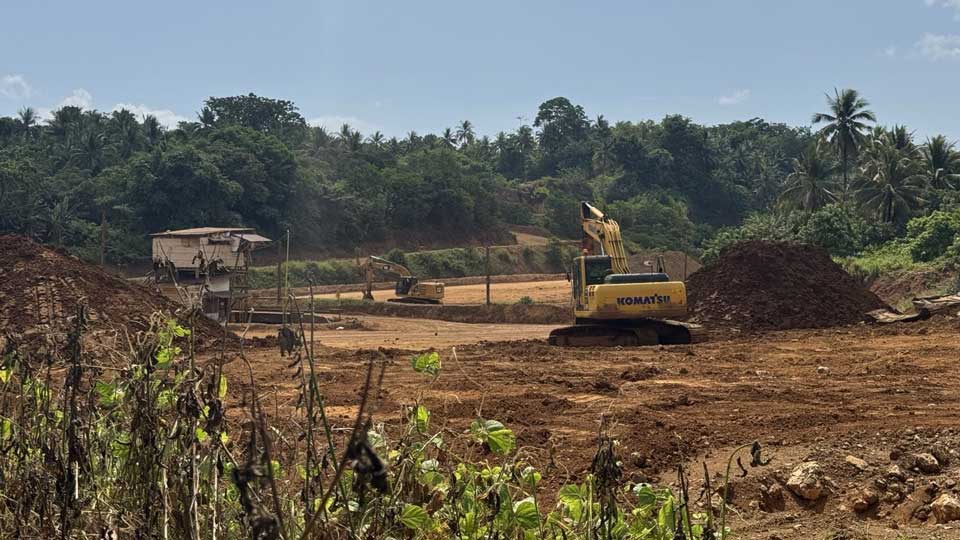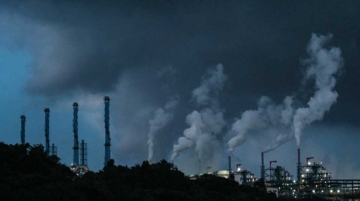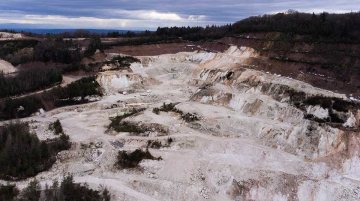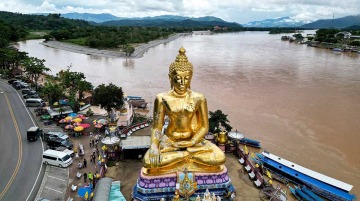
The push for electric vehicles (EVs) promises a cleaner future, but the production of their batteries comes at a steep cost to Indonesia’s small islands. Nickel, a critical component in many EV batteries, has spurred mining activities that devastate local ecosystems and communities.
Nickel batteries—particularly Nickel Cobalt Manganese (NCM)—dominate the EV market, accounting for 60% of market share, according to the Global EV Outlook 2023. While alternatives like Lithium Ferro Phosphate (LFP) are gaining traction, the demand for nickel remains robust. In July 2024, global EV sales increased by 21% compared to the previous year, with Chinese-made vehicles leading at 800,000 units sold.
Indonesia holds 52% of the world’s nickel reserves, making it a central player in this booming industry. Nickel exports surged tenfold by 2023, propelled by government policies promoting “downstreaming”—the process of refining raw nickel into higher-value products.
Most of these exports go to China, which imported nearly four million tons of Indonesian nickel last year. Japan, Australia, and Greece follow, but in much smaller amounts.
The impact of this industry on islands like Obi and Wawonii is severe. On Obi, joint mining operations by China’s Lygend Resources and Indonesia’s Harita Group have stripped forests and contaminated water sources.
My visit to Wawonii, an island east of Borneo, revealed a similar story: the community, once self-reliant through agriculture and fishing, now faces clean water shortages and deteriorating air quality. Prosperity has given way to hardship with the arrival of mining companies.

Before the mines, residents cultivated cloves, nutmeg, coconuts, and cashews. These crops provided food, income, and funds for children’s education. Fishing also sustained daily life, with abundant catches that were a mainstay of local diets. Today, mining dust damages crops and fishermen must venture further out to sea to find fish, raising costs and reducing profits.
The government’s approval of mining on small islands flouts its own 2007 Coastal and Small Island Management Act, which bans such activities. Although the Indonesian Supreme Court has ruled in favor of residents who sued to protect their land, mining persists. The resulting environmental destruction has split communities, pitting pro-mining and anti-mining factions against each other, weakening the social fabric once held together by cooperation and mutual support.
Absent external pressure, the Indonesian government has shown little inclination to change course, prioritizing economic gains over environmental and social health.
China, as the largest buyer of Indonesian nickel, shares the responsibility for ensuring sustainable practices in its supply chain. The European Union, UK, and U.S. have demonstrated that policies mandating environmentally responsible imports can drive change. Their “deforestation-free” policies for palm oil, for instance, pressured Indonesia into reforming its industry. China could apply similar measures to nickel, insisting on practices that minimize environmental and social damage.
Absent external pressure, the Indonesian government has shown little inclination to change course, prioritizing economic gains over environmental and social health. However, China’s role in driving demand places it in a unique position to influence mining practices. If China continues to source nickel without concern for its origin, it effectively sanctions ecological harm and human rights violations in Indonesia.
The global community faces a critical moment: balancing the promise of greener technologies with the reality of resource extraction’s impact. China, as the foremost consumer of Indonesian nickel, must lead by promoting sustainable and ethical mining. Implementing responsible sourcing policies could help preserve Indonesia’s environment and protect its people.
If China chooses not to act, the consequences will extend beyond Indonesia’s borders. The push for sustainability must encompass not just the end product but the entire supply chain that supports it. Only then can the promise of clean energy be fulfilled without sacrificing vulnerable communities and their environments.
Firdaus Cahyadi is a longtime environmental consultant and a regular columnist for several of Indonesia’s largest news publications.







